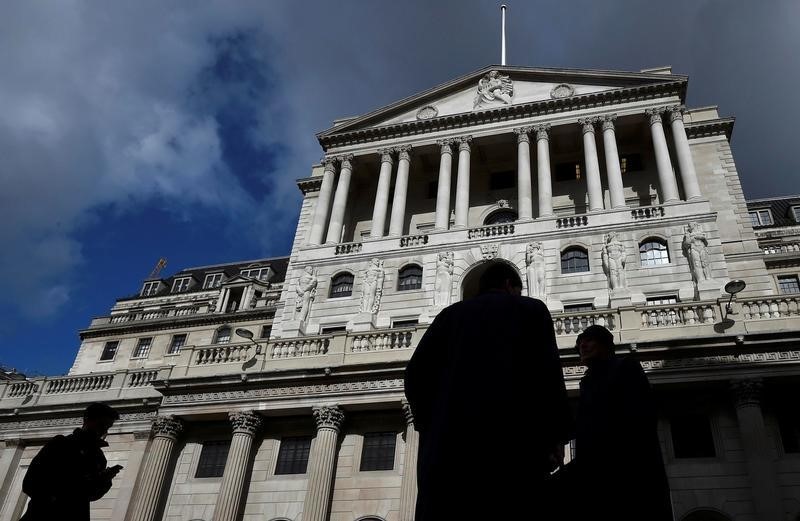By Huw Jones
LONDON (Reuters) - The Bank of England will not "stifle" innovation in financial technology with new rules as it seeks to get to grips with its impact, a senior central bank official said on Thursday.
Victoria Cleland, the BoE's Chief Cashier, said a priority for the central bank this year was devising its regulatory approach to so-called fintech.
It was looking at the risks and benefits of applications including digital currencies and blockchain, a tamper-proof shared ledger that can automatically process and settle transactions using computer algorithms.
Cleland's reassurances over regulation come at a time when British policymakers are looking for any signs that fintech firms in London, which has become a global hub for the sector, will move to mainland Europe.
Fintech firms have expressed worries they could be cut off from the European Union market once Britain leaves the bloc. Berlin has begun a marketing drive to attract fintech firms from the British capital.
Cleland said firms in the fast-growing fledgling sector want to know where the goalposts will be and the BoE was working with them to "understand what the red lines would be".
"It's very difficult to decide how to regulate something you don't quite know what it is," she told a conference on peer-to-peer lending, adding fintech was a global industry and a similar approach was needed by other regulators.
The Financial Stability Board, a global watchdog chaired by BoE Governor Mark Carney, is looking at whether using blockchain for processes such as settling transactions could undermine financial systems and if any new rules are needed.
Last year alone, the alternative finance sector in Britain grew by 84 percent, Cleland said.
The BoE has sought applications from fintech firms under its "FinTech Accelerator" programme to see how they could help with the central bank's data and payments operations.

Cleland said this programme would be extended in coming weeks with a call for more applications.